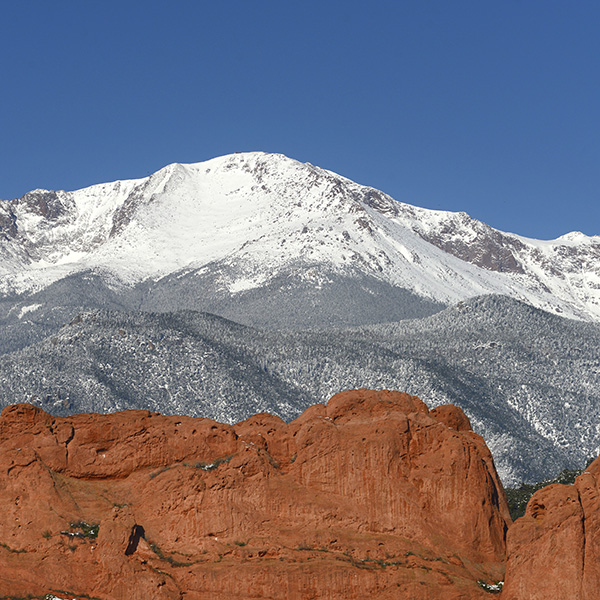Colorado College State of the Rockies Project’s 12th annual Conservation in the West Poll results, released last month, showed a spike in concern over issues such as drought, inadequate water supplies, wildfires, the loss of wildlife habitats and natural spaces, and climate change among Mountain West voters. Those concerns align with continued strong support for pro-conservation policies.
The poll surveyed voters in eight Mountain West states (Arizona, Colorado, Idaho, Montana, Nevada, New Mexico, Utah, and Wyoming) and found 69 percent of voters are concerned about the future of nature — meaning land, water, air, and wildlife. Against that backdrop, 86 percent of Western voters now say issues involving clean water, clean air, wildlife, and public lands impact their decision about whether to support an elected official.
Voters in the Mountain West feel deeply connected to the outdoor landscapes that surround them. Eighty-eight percent of voters surveyed report at least one visit to national public lands such as national parks, national forests, national monuments, and national wildlife refuges in the past year. Similarly, 93 percent report participating regularly in outdoor recreation activities such as hiking, camping, picnicking, bird and wildlife watching, biking, water sports, snow sports, hunting, and fishing.
Seventy-four percent say the presence of public lands in their state helps the local economy. At the same time, 48 percent of voters report making changes to where or when they recreate outdoors because of crowding and 26 percent adjusted plans because of climate changes including fires, less snow, or less water. Fifty-three percent of voters view the loss of natural areas as a very or extremely serious problem.
The Conservation in the West Poll is a tool for policy makers and the general public to gauge citizen attitudes toward a number of conservation issues facing the West. At CC, we also use the poll results to engage and encourage students and faculty to examine conservation issues in various interdisciplinary ways. A few examples include: using the longitudinal data from the poll available on the State of the Rockies website; partnering with Colorado College’s Journalism Institute, where Visiting Professor Dot Devota will teach a Block 7 class aimed at investigating journalistic issues the poll results bring to light; conducting a Photo Contest and Conservation in the West Vintage Poster contest, in which students visually illustrate and highlight issues the poll addresses; integrating the poll data and results into classroom discussions and research projects across our campus; and hiring summer fellows to research issues the poll prioritized.






